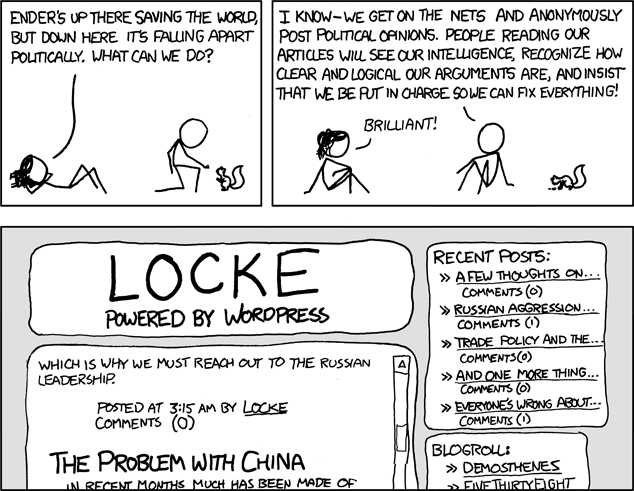
In
One Fairy Story too Many: The Brothers Grimm and Their Tales, Ellis documents the evidence for Jakob and Wilhelm Grimm's deceptions and takes folklore scholars to task for stubbornly ignoring this evidence. The Grimms come off looking like a pair of undergraduates faking their research paper; Grimm scholars wind up looking like willfully blind burghers who can't bring themselves to admit that the emperor has no clothes.
Incidentally, "The Emperor's New Clothes" is not one of the stories collected in Grimms' Fairy Tales (auf Deutsch,
Kinder- und Hausmarchen); that fairy tale was composed by Hans Christian Andersen. Andersen and the Grimms are traditionally juxtaposed: Andersen was an artist, writing his own fairy tales; the Grimms were scientists, merely collecting and reporting the indigenous tales of Germany. Ellis's book shows that
(1) The Grimms claimed to be just that, scientific collectors and preservers of indigenous German tales;
BUT
(2) Their sources were almost entirely drawn from their immediate social sphere: young, local, middle-class, educated, and in many cases, French-speaking;
(3) Far from preserving the wording and content of their sources, the Grimms constantly reworked the material;
(4) This reworking involved substantive changes, including taking out sexually suggestive elements, making the "good guys" better and the "bad guys" worse, and generally making the stories less wild and more rational.
I found Ellis convincing, and I'm surprised that I've never heard his polemic, even though the book was published in 1983. The most disappointing part for me is losing the image of the Grimms as ethnographers: tramping through the German countryside, listening to toothless old women and furiously scribbling down notes. They cultivated that image by, for example, listing the source of one story as "the River Main region" and another as "Cassel"--when in fact, both stories had come from members of the same family (the Hassenpflugs), who had lived in both places but were originally of French Hugenot extraction. This is what we call "fudging the data."
Sigh. I guess
the movie got it half right--unfortunately, it was the con artist half, not the traveling-across-Germany half.
 If you select the cell highlighted as "This one!" in the picture above, you'll freeze the top two rows and the leftmost column so they're always visible.
If you select the cell highlighted as "This one!" in the picture above, you'll freeze the top two rows and the leftmost column so they're always visible.





